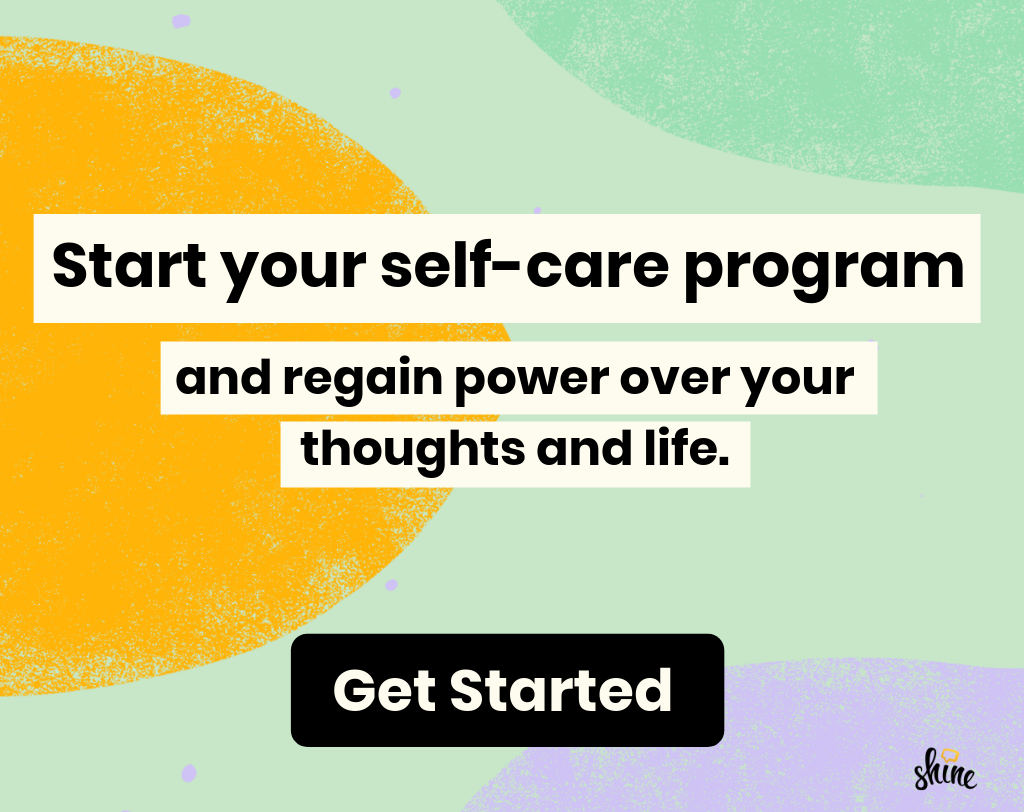The 6 'Delay' Flavors That Lead to Procrastination
Everyone procrastinates—and 20% of people are actually chronic procrastinators.
We all know the dance: You put something (or 10 things) off instead of diving in—even when you know doing it ASAP would be the best move. Your intentions are good, but your follow-through is MIA.
“Procrastination is having an intention to do something and then putting it off, even though you’re going to be worse off for the delay,” Tim Pychyl, a psychology professor and director of the Procrastination Research Group at Carleton University, told Quartz.
But the interesting thing is, we all procrastinate in very different ways. Pychyl worked with other researchers at Carleton to classify six different types of procrastination.
They're incredibly helpful in figuring out where you fall in the procrastination spectrum—and here are some tips on how to combat them.
Are you overloaded or consumed by other obligations?
You might be encountering an inevitable delay, which occurs when the first task at hand must get pushed off for something that comes up unexpectedly.
The easiest way to counteract this is to assess your schedule in advance.
If you typically live on what I like to think of as a day-to-day timeline—in which you wake up and are constantly surprised by the amount of work you have to do, as if you had no idea what would happen—then looking even a few days out could make a big difference.
If you constantly feel pressure from other obligations that come up, double down on saying "no". Setting boundaries can help you avoid a stressful "yes-but-it'll-be-delayed" situation.
If you constantly feel pressure from other obligations that come up, double down on saying 'no.'
Do you really love rushing at the last minute?
Your procrastination could be coming from an arousal delay, which makes a task or event even more exciting simply because you're rushing at the last moment.
Personally, I love a racing-against-the-clock feeling, which always makes a task feel more urgent—and thus, necessary to get done. But I do not advise this.
There's a way to manage your arousal delay and it's this: Don't pretend you're going to do something one way when history has shown you will not.
Case in point: At least once a week I'll say, 'Oh, I'll just leave my newsletter to write until tomorrow morning…and also wash my hair…and also go for a quick run…and also make a smoothie…and also get out the door by 8:15."
Um…what?! Who am I kidding? It would be a miracle to do one of those things in the morning, so why do I think I can do all five on a random Wednesday? But that wishful thinking leads to procrastinating on all counts.
One fix? If I know it's motivating for me to have 18 things to do at once, I could actually estimate how much time each of these takes and give myself just enough time to get them all done with just the right amount of rushing.
Do you drift over to Instagram or scroll Netflix for hours?
If you find yourself succumbing to instant gratification—a.k.a. that sweet dopamine loop that rewards you after pleasure- and reward-seeking behaviors—you might be experiencing a hedonistic delay, because everything or really anything else seems more exciting than whatever you actually have to do.
Usually, what you turn to might feel frivolous in the grand scheme of things, but in the moment it feels very comforting. You feel like you're giving yourself a little reward. And how long will it take, anyway? You just want to take a little break. (Famous last words.)
If you find yourself succumbing to instant gratification, you might be experiencing a hedonistic delay.
Look, I'm not gonna lie: This is a tricky one! But something I've found that works for me is to silo these little hedonistic tendencies to specific times.
If you know you plan to check Instagram during your lunch hour, you might pause before interrupting your work flow to turn to it instead. The same goes for Netflix—if you've got a plan for later, you're less inclined to break it.
Another tactic, if you really don't think you can push off these tendencies until later, is to clock yourself when they come up. Did you check your phone? That's OK! Give yourself five minutes, then get back to the task at hand. That way you can indulge your instant gratification but still get your work done.
Has a major emotional event happened in your life?
Even if you're typically a productive person, if you're dealing with grief or depression or mental health conditions, it can be difficult to feel like you're "keeping up the pace."
But these psychologically-based delays shouldn't make you feel guilty about not being productive.
You're a living, breathing human being who is allowed to feel and express emotions — you don't need to perfectly jump through hoops all the time.
The best gift you could give yourself, if you're dealing with a larger issue, is to divorce the idea of procrastination from your current state of mind.
You're a living, breathing human being who is allowed to feel and express emotions—you don't need to perfectly jump through hoops all the time.
Do you need more time to think about your work before you start the work-work?
Perhaps you're feeling something along the lines of a purposeful delay, which Pychyl would say is not actually procrastination and could be necessary for your work.
I like to think of this as "percolation time." Sometimes we need hours (or days, or weeks!) to fully process an idea before we start our work.
Clue into the word purposeful here—all this thinking and debating and analyzing could be serving a greater purpose, one that will enrich your future project.
If you know you frequently experience this, building time into your process to percolate can ward against that creeping "But I'm totally procrastinating" feeling.
Are you still confused as to why you procrastinate?
There's an explanation! The final flavor is christened an irrational delay, which are "inexplicable to the procrastinator" and are often "fueled by fear of failure and anxiety."
If you're looking for a way to just start, it could be useful to locate the times during the day when you feel the most confident and in control—for example: maybe that's at 8 a.m. after a solid night's sleep.
Try to plan your procrastination-heavy activities around these times that feel the most structurally sound. (An observation from my own life: Writing new drafts and editing stories is 100x easier for me before lunch; after lunch it's best to take care of boring, less-creative tasks.)
You might not be able to pinpoint exactly why your procrastination is happening—or maybe it's a combination of many of these impulses—but being mindful about each of them and analyzing each situation as it comes up could be helpful in preventing future procrastination.
Read next: Why a 'Now Step' Is Your Procrastination Power Move
You're more than your stress and anxiety. Take back control using Shine's award-winning self-care program.

Shine is supported by members like you. When you buy through links on our site, we may earn an affiliate commission. See our affiliate disclosure for more info.


